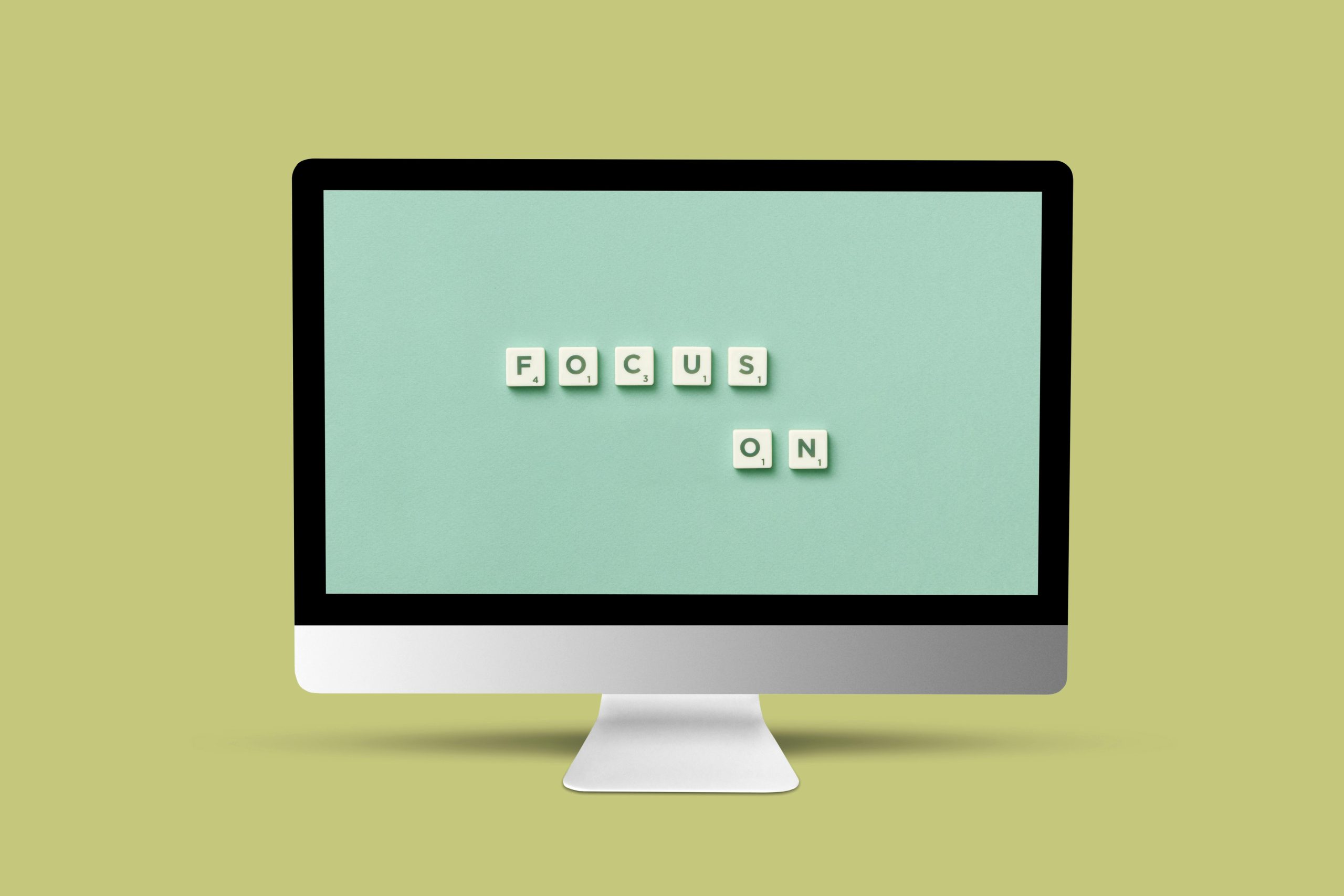In today’s hyper-connected world, screens dominate our daily lives. From smartphones to laptops, we’re constantly bombarded with notifications, emails, and social media updates. While technology has undeniably improved productivity and connectivity, it also comes with a hidden cost: mental fatigue. A digital detox—intentionally unplugging from digital devices—can restore mental clarity, reduce stress, and improve overall well-being. This article explores why stepping away from screens is essential and how it can transform your mental health.
The Impact of Digital Overload on Mental Health
Excessive screen time has been linked to a range of mental health issues, including anxiety, depression, and burnout. Studies show that constant exposure to digital stimuli can overwhelm the brain, making it harder to focus and process information effectively. Here’s how digital overload affects you:
- Increased Stress: The pressure to respond instantly to messages and emails keeps the brain in a perpetual state of alertness, raising cortisol levels.
- Reduced Attention Span: Frequent multitasking between apps and notifications fragments concentration, making deep work nearly impossible.
- Sleep Disruption: Blue light from screens interferes with melatonin production, leading to poor sleep quality and fatigue.
Recognizing these effects is the first step toward reclaiming mental clarity through a digital detox.
How a Digital Detox Enhances Mental Clarity
Unplugging from digital devices allows the brain to reset and recharge. Here’s how a digital detox can boost mental clarity:
1. Improved Focus and Productivity
Without constant distractions, the brain can engage in deep, uninterrupted thinking. Research shows that people who take regular breaks from screens are more productive and creative in their work.
2. Reduced Anxiety and Stress
Stepping away from social media and news cycles minimizes exposure to negative content, which often fuels anxiety. A detox creates space for mindfulness and relaxation.
3. Better Sleep Quality
Reducing screen time, especially before bed, helps regulate sleep patterns. A well-rested mind is sharper, more resilient, and better equipped to handle daily challenges.
Practical Steps for a Successful Digital Detox
Starting a digital detox doesn’t mean abandoning technology entirely. Instead, it’s about creating healthier habits. Here are actionable steps to unplug effectively:
- Set Boundaries: Designate tech-free times, such as during meals or the first hour after waking up.
- Turn Off Notifications: Disable non-essential alerts to minimize distractions.
- Schedule Screen Breaks: Take short walks or practice deep breathing instead of scrolling.
- Engage in Offline Activities: Rediscover hobbies like reading, journaling, or spending time in nature.
By gradually reducing screen time, you’ll find it easier to maintain balance in the long run.
The Long-Term Benefits of Regular Digital Detoxes
Making digital detoxes a regular habit can lead to lasting improvements in mental and emotional well-being. Here’s what you can expect over time:
- Stronger Relationships: Face-to-face interactions become more meaningful when you’re fully present.
- Enhanced Creativity: A rested mind generates fresh ideas and innovative solutions.
- Greater Emotional Resilience: Reduced exposure to digital stressors helps build mental toughness.
Consistency is key—even small, regular breaks from screens can make a significant difference.
Conclusion
In a world where digital devices demand constant attention, taking a step back is not just beneficial—it’s necessary. A digital detox offers a powerful way to reclaim mental clarity, reduce stress, and improve overall well-being. By setting boundaries and prioritizing offline moments, you can cultivate a healthier relationship with technology. Start small, stay consistent, and experience the transformative effects of unplugging.
